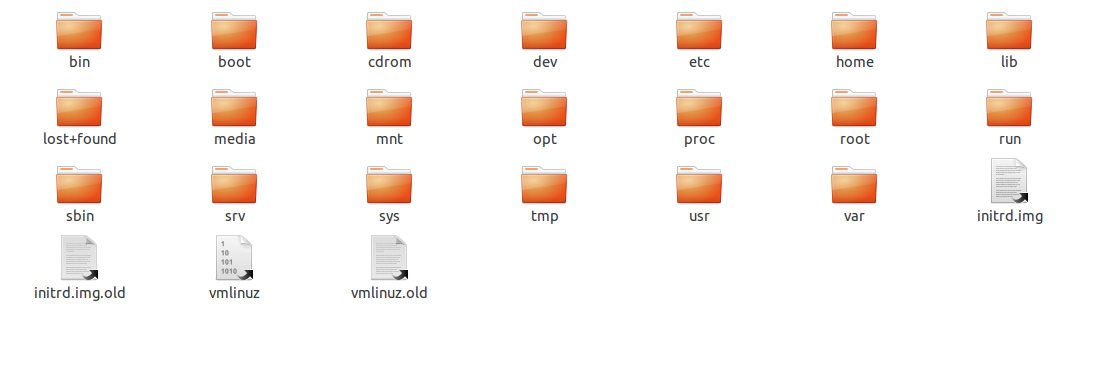Linux Directory Structure
Hello friends welcome to findnerd. Today I will let you know the directory structure of linux. Every Operating System has its directory structure in which system files are stored. The following directories are commonly found in Linux:
The basic directory structure is the "/" directory (which is also called slash)

This contains other directories used for various system purposes. We will discuss each of the folders present in the directory structure:
/bin
This is called the binary directory. This contains the executable files. Binary files are stored here when a program is installed.
/dev
Full form of dev is devices. This folder contains files that point to the hardware that make up the system. All peripherals are represented as files, and when the service of device is called for, the file is looked into for the device description and parameters.
/boot
Boot loader files are stored over here. Image of the kernel is also maintained in the boot directory sometimes.
/etc
/etc folder contains various configuration files that can be edited manually to effect system changes. The user can make any change to the system, knowing what to alter in what files. This feature has been provided by Linux. The files are stored in .txt format, and can be viewed and modified in any editor.
/home
This directory contains user's files. Here user will store work files here in this /home directory. If a user is created with the name of "amuk", then his files will be stored in this folder: "/home/amuk".
/root
/root is the home directory of the root user.
/lib
lib stands for library. Library files are the files which are needed by the programs or the operating system frequent basis and these files are stored here. Just like in windows "C:\windows\system"
/mnt
Here all the storage media other than Linux partitions are "mounted" here. Each device has a folder. Example: Floppy drive and the CD-ROM. To access these devices you need to go to the /mnt directory and open the appropriate devices there.
/opt
Opt stands for options directory here. This folder stores add-on components such as desktop environments, databases (example: Oracle), etc.
/tmp
tmp as the name suggests is the temporary directory. This directory uses for various purposes that we as end users need not to be worried about.
/usr
This is the directory which stores non-critical system files , which contains a copy of most of the directories in the root. Here you will find bin directory containing programs, lib directory containing libraries, etc. Core Linux files and the Important files are stored in the root directories, while other are put in the /usr subdirectories.
/var
Var stands for various directory. It contains various files such as log files, spools, www, etc..
Thanks for reading.
0 Comment(s)